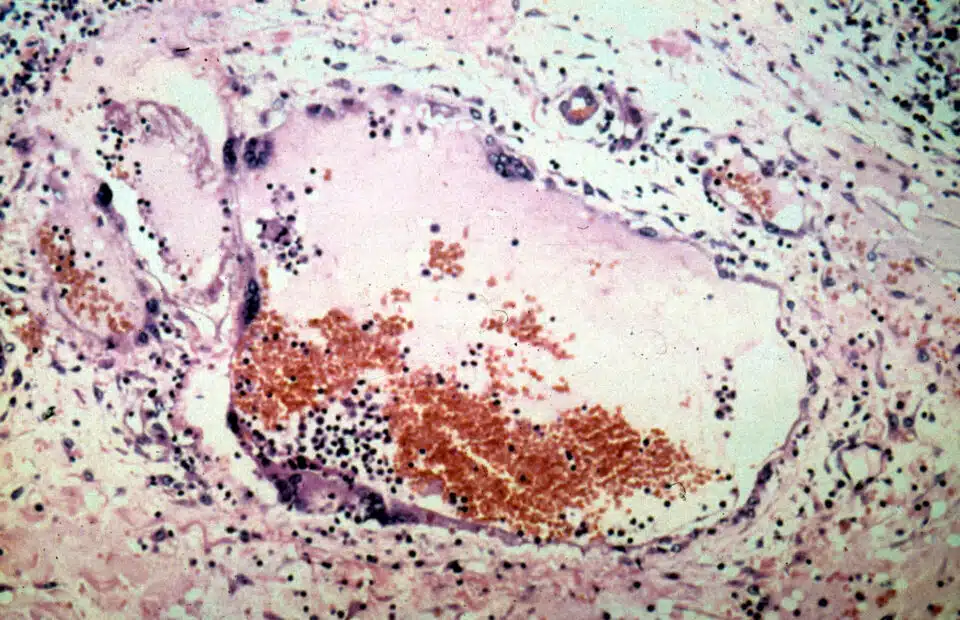PUTRAJAYA, Sept 23 — Health Minister Dr Zaliha Mustafa has confirmed that no Nipah cases have been detected in Malaysia since the last case was recorded on May 27, 1999.
She said after the 1998 – 1999 Nipah epidemic, the Health Ministry (MOH) has been working with the Department of Veterinary Services (DVS) and the Department of Wildlife and National Parks Peninsular Malaysia (Perhilitan) to share surveillance information on the Nipah virus in wildlife and domestic animals.
“So far, none of the animal samples have tested positive for the Nipah virus. Malaysia was declared free of the virus in 2001 by the World Organisation for Animal Health,” she said in a statement today.
The statement was issued to update Malaysia’s status in view of the considerable information being circulated on social media about the current Nipah outbreak in South India.
Dr Zaliha said Malaysia experienced its Nipah epidemic between September 1998 and May 1999, with 265 cases including 105 fatalities, and since then monitoring and surveillance have been carried out regularly.
She said the Nipah virus is a zoonotic virus that is transmitted from animals to humans and can cause complications such as encephalitis and acute respiratory illness, with a 40 to 70 per cent fatality rate.
Flying foxes and fruit bats from the Pteropodidae family are the natural hosts for the Nipah virus. It is spread via unprotected exposure to animal secretions or through direct contact with the bodily fluids of infected animals.
“It can also be transmitted through consumption of dates, coconuts, Nipah fruits, and Nipah juice, which are contaminated by the bodily fluids of infected bats,” Dr Zaliha said.
The minister advised travellers returning to Malaysia from countries categorised as high-risk Nipah zones to self-monitor for 14 days and look out for initial symptoms, which include fever, headaches, muscle pain, vomiting, and sore throat.
MOH is on the alert about Nipah virus outbreaks overseas and is prepared to work with the related agencies should there be any cases here.
— Bernama





